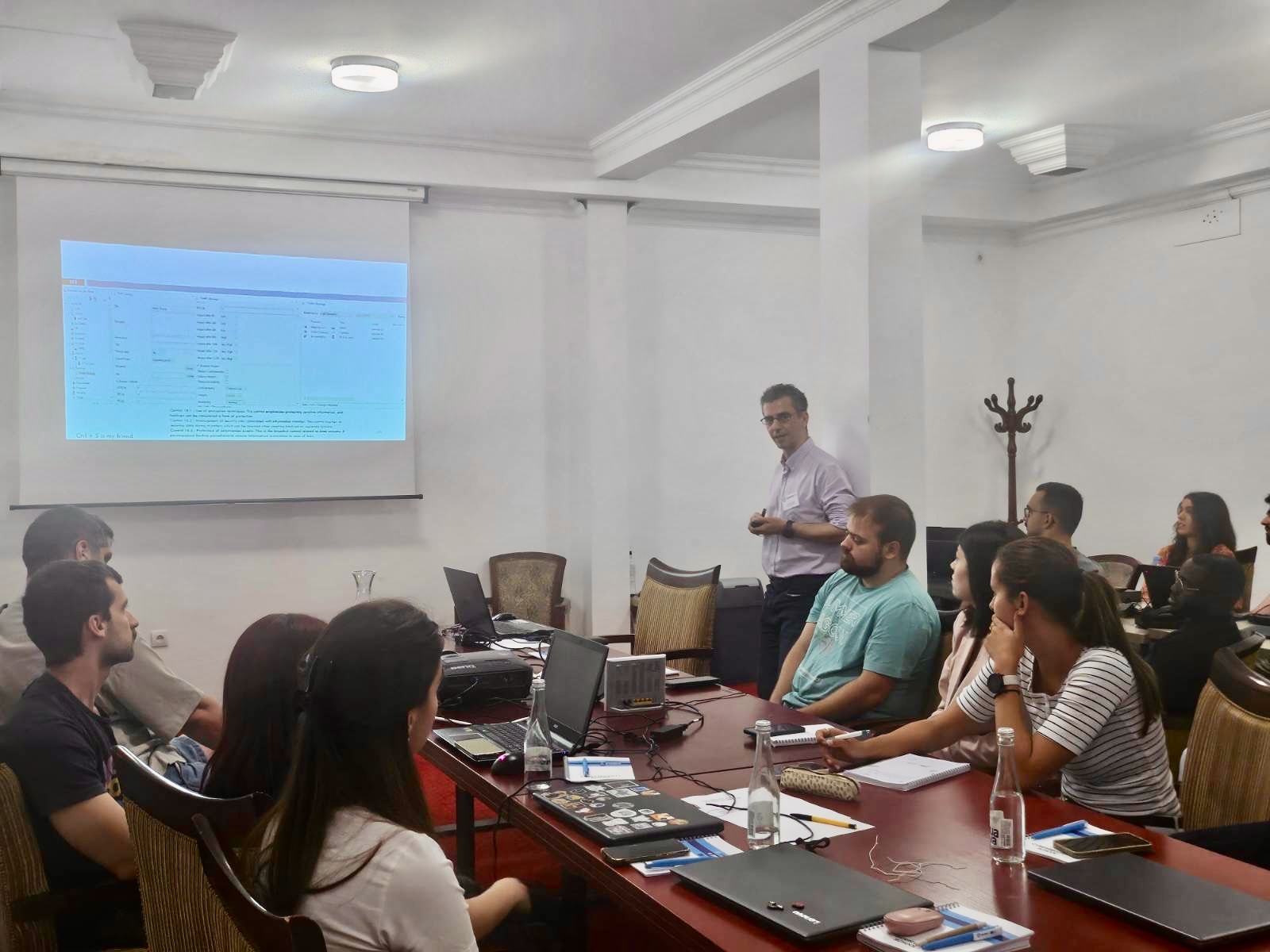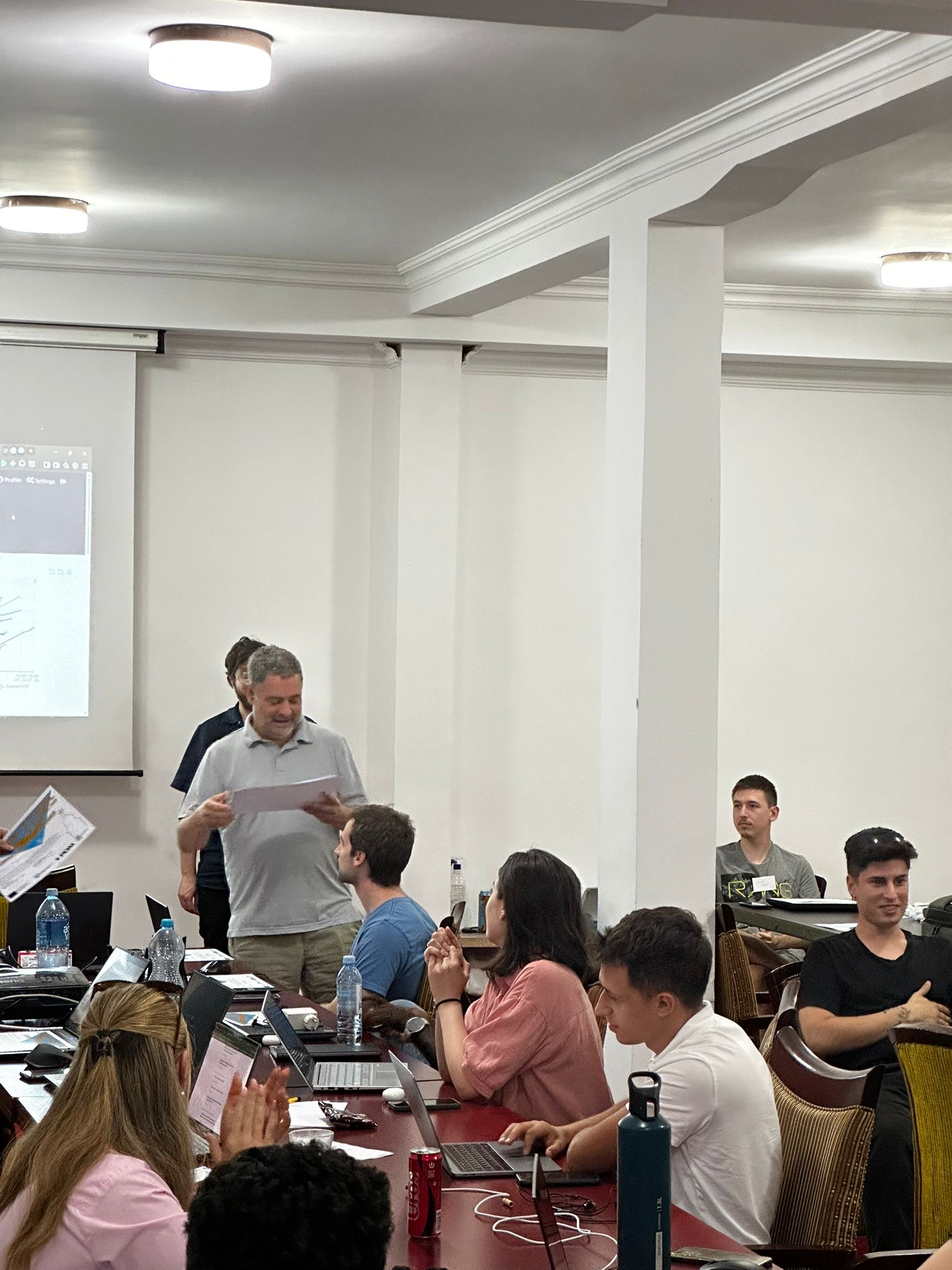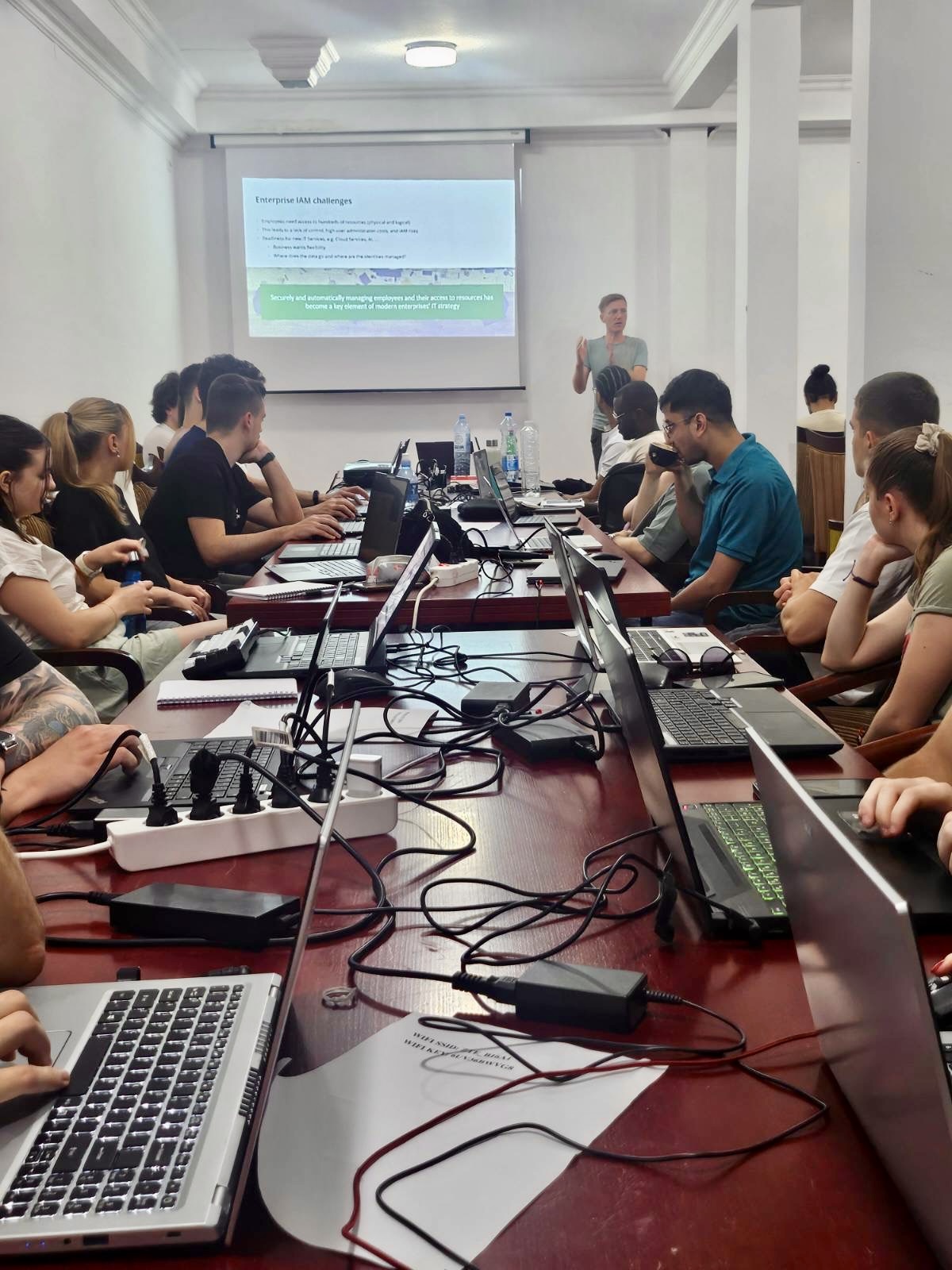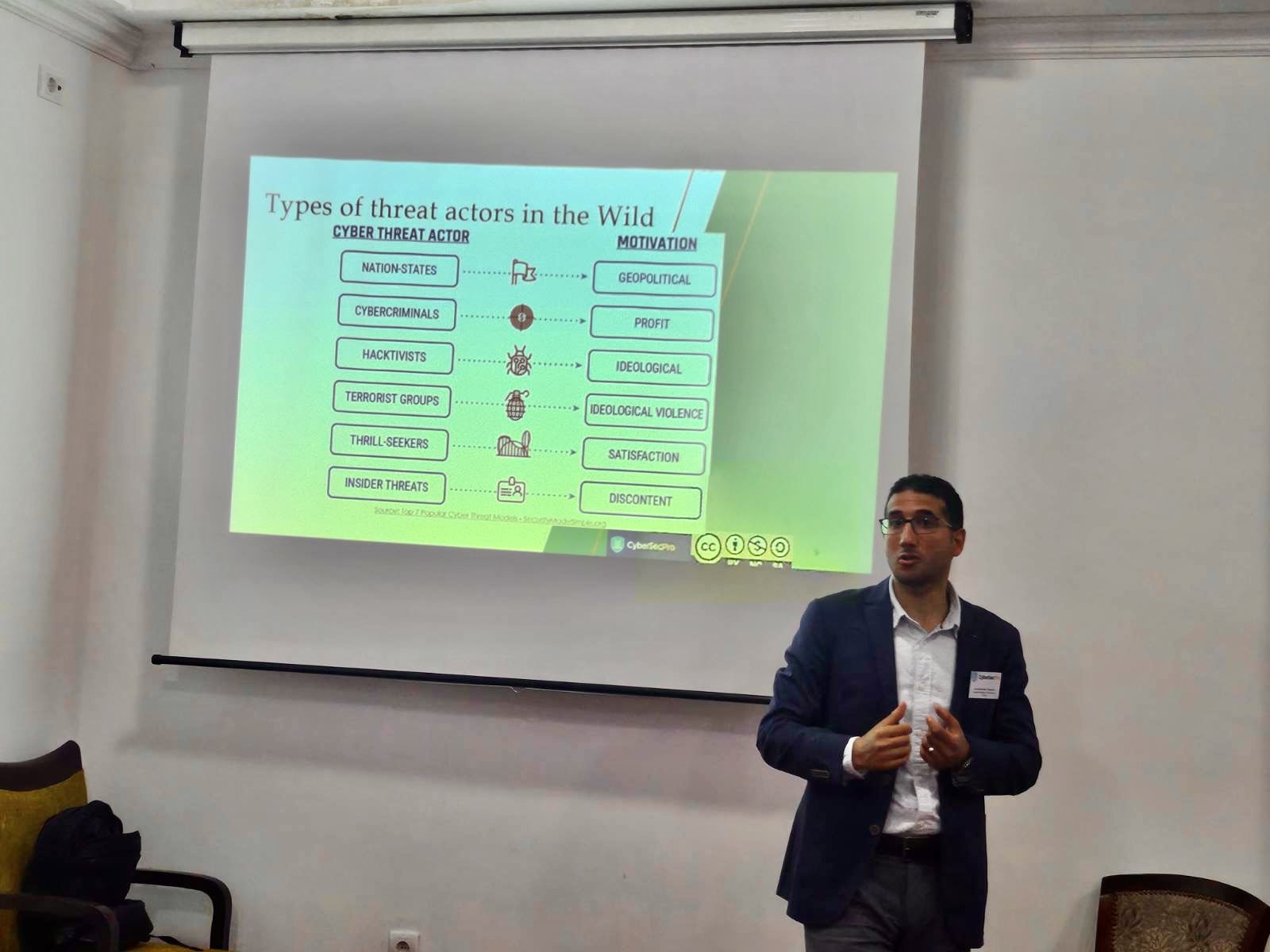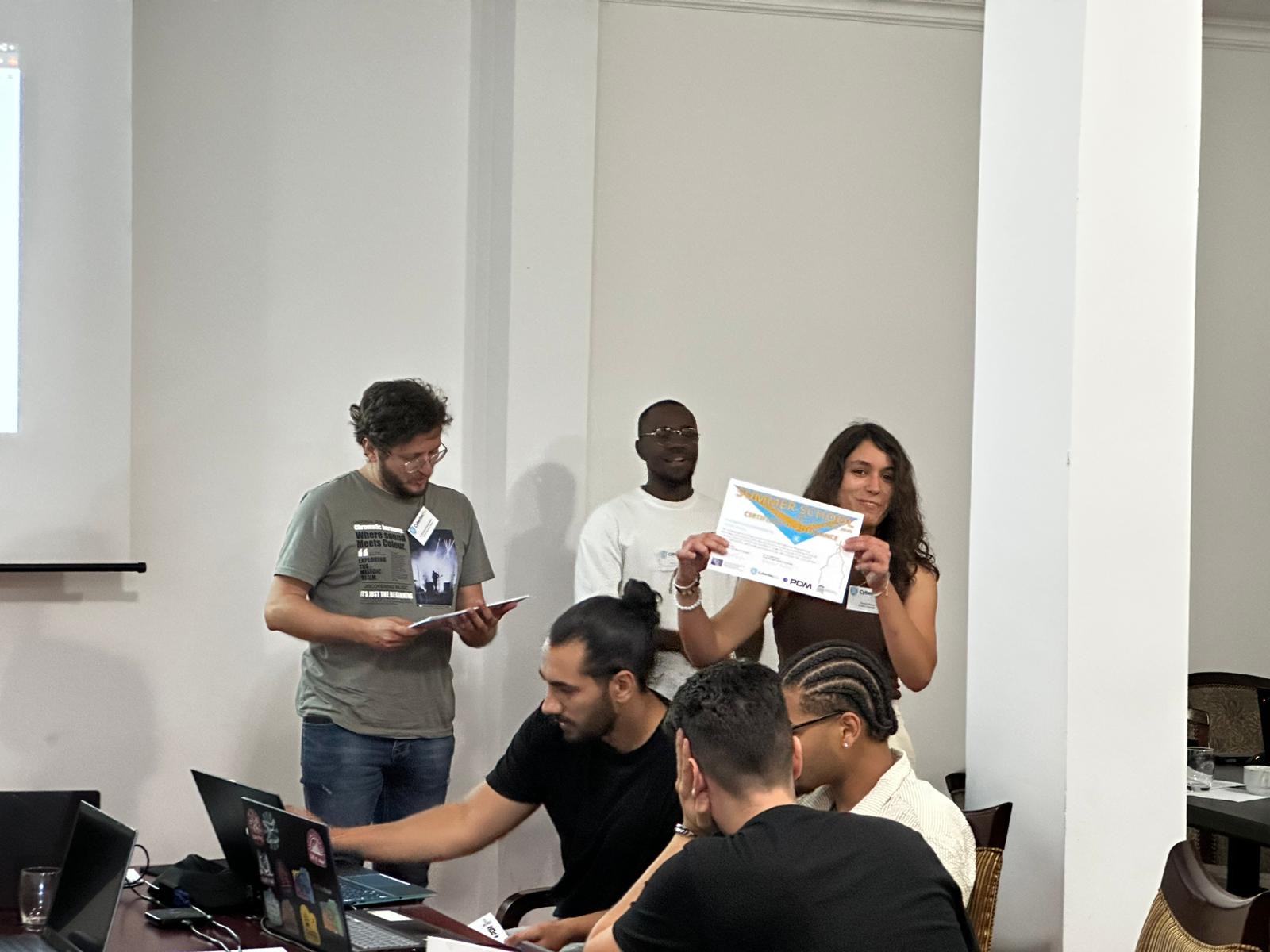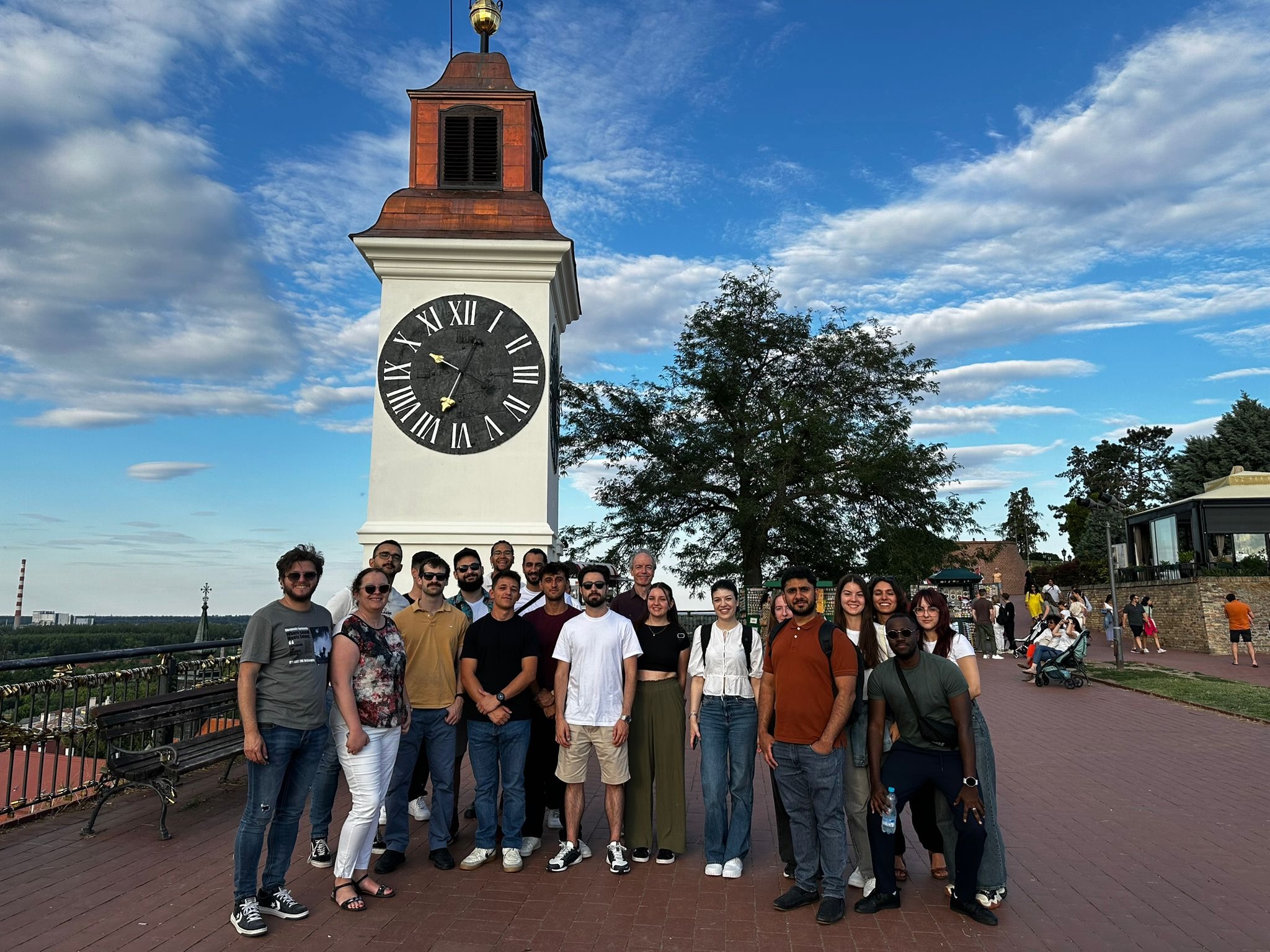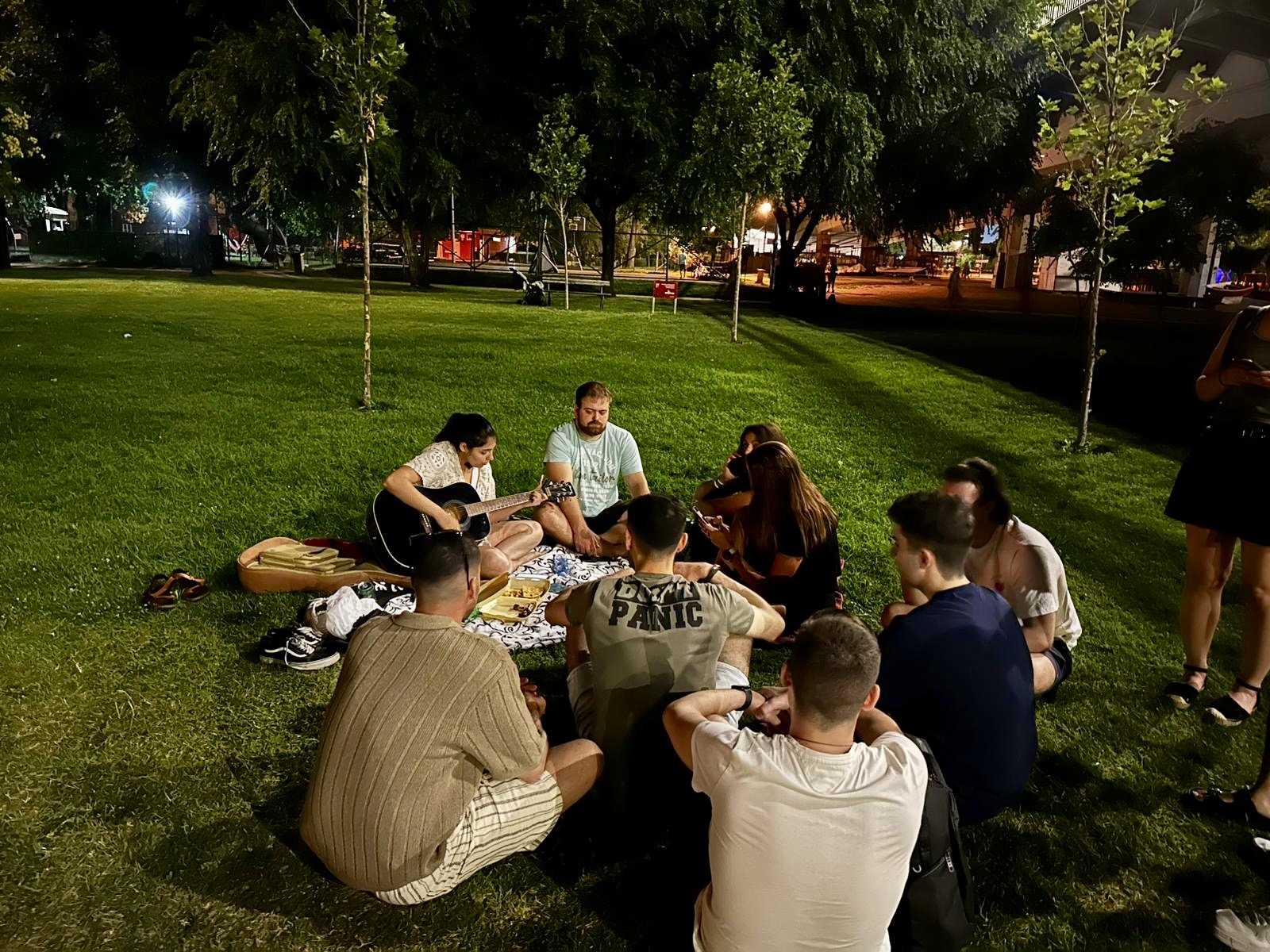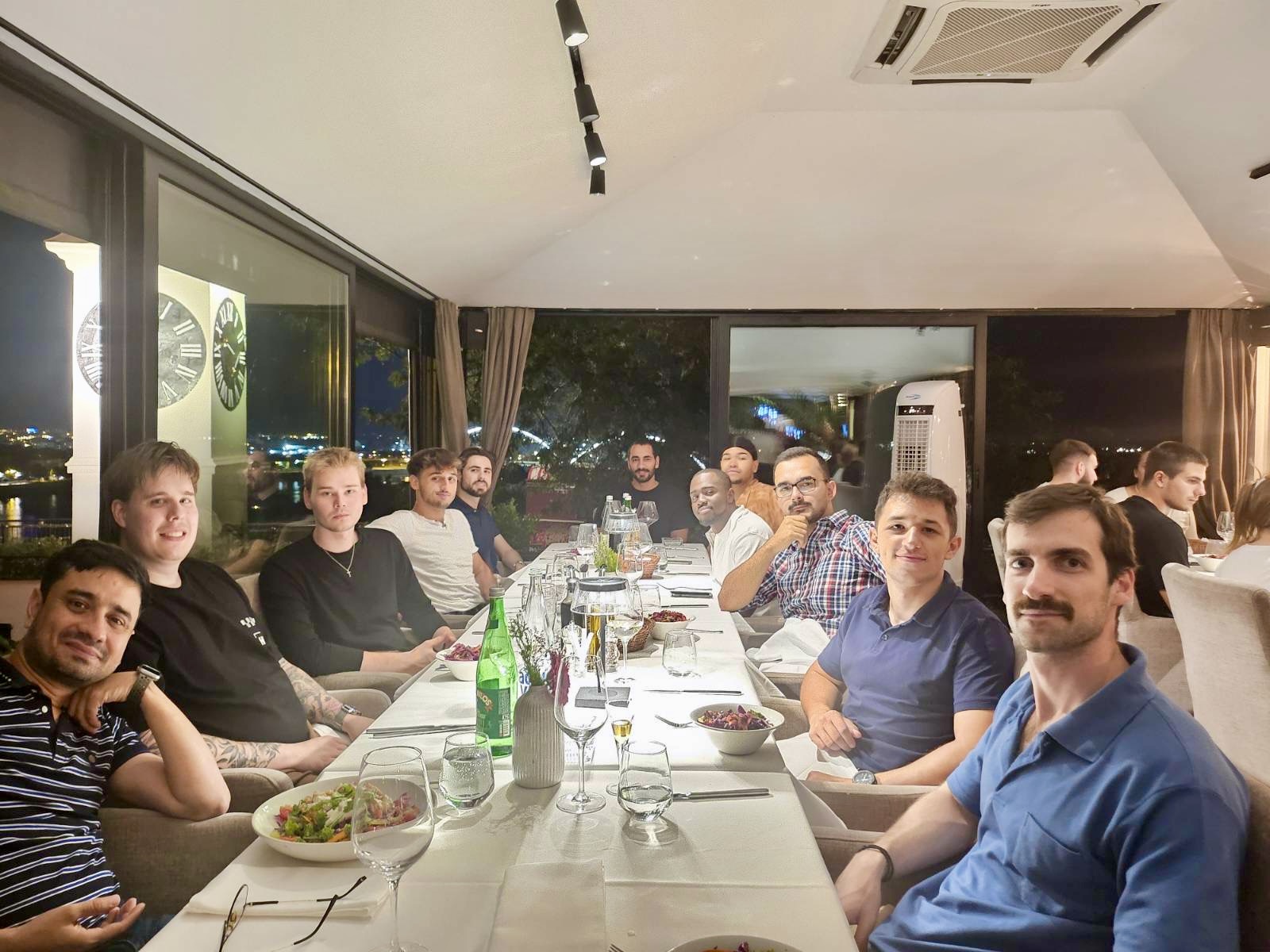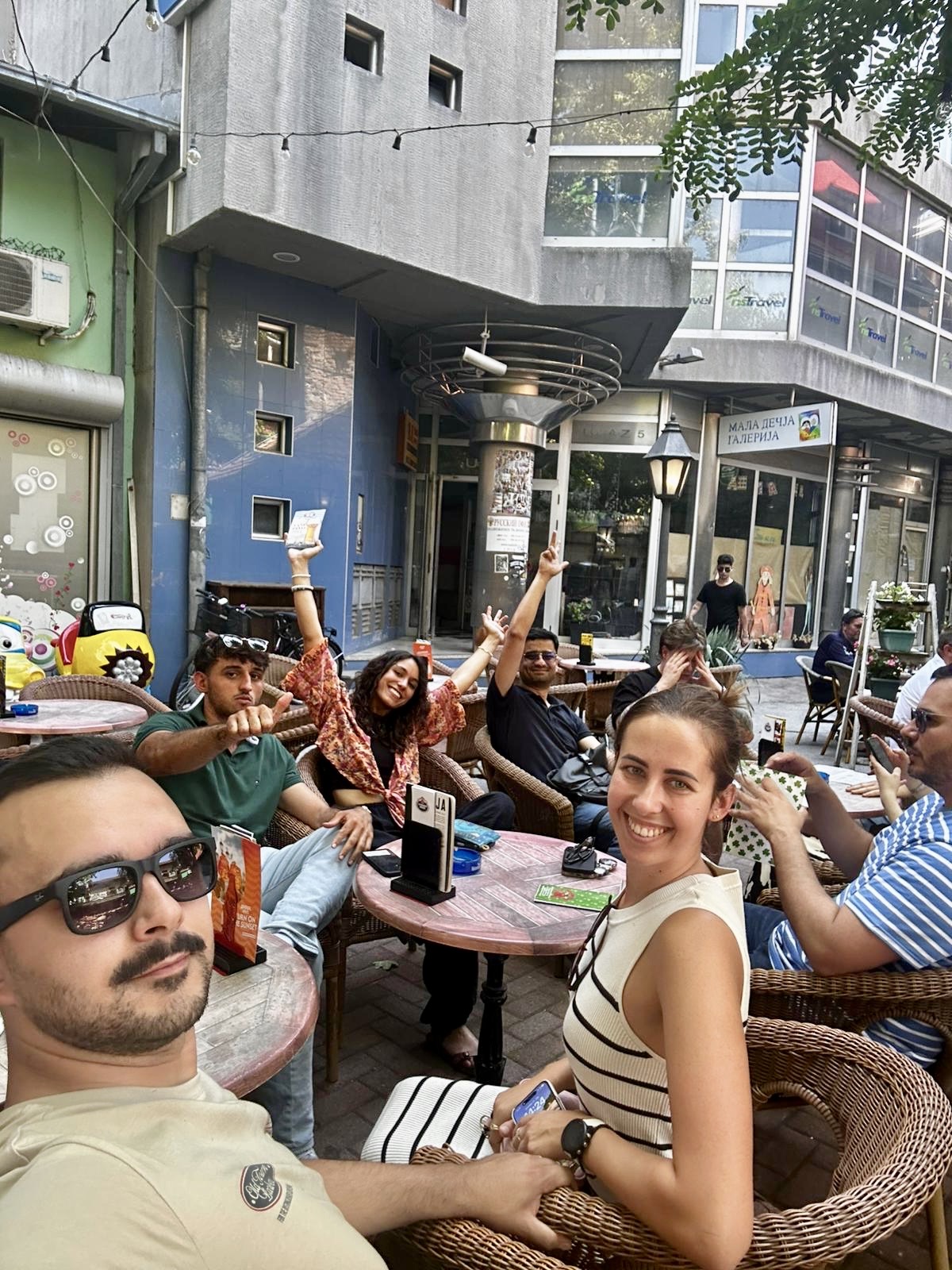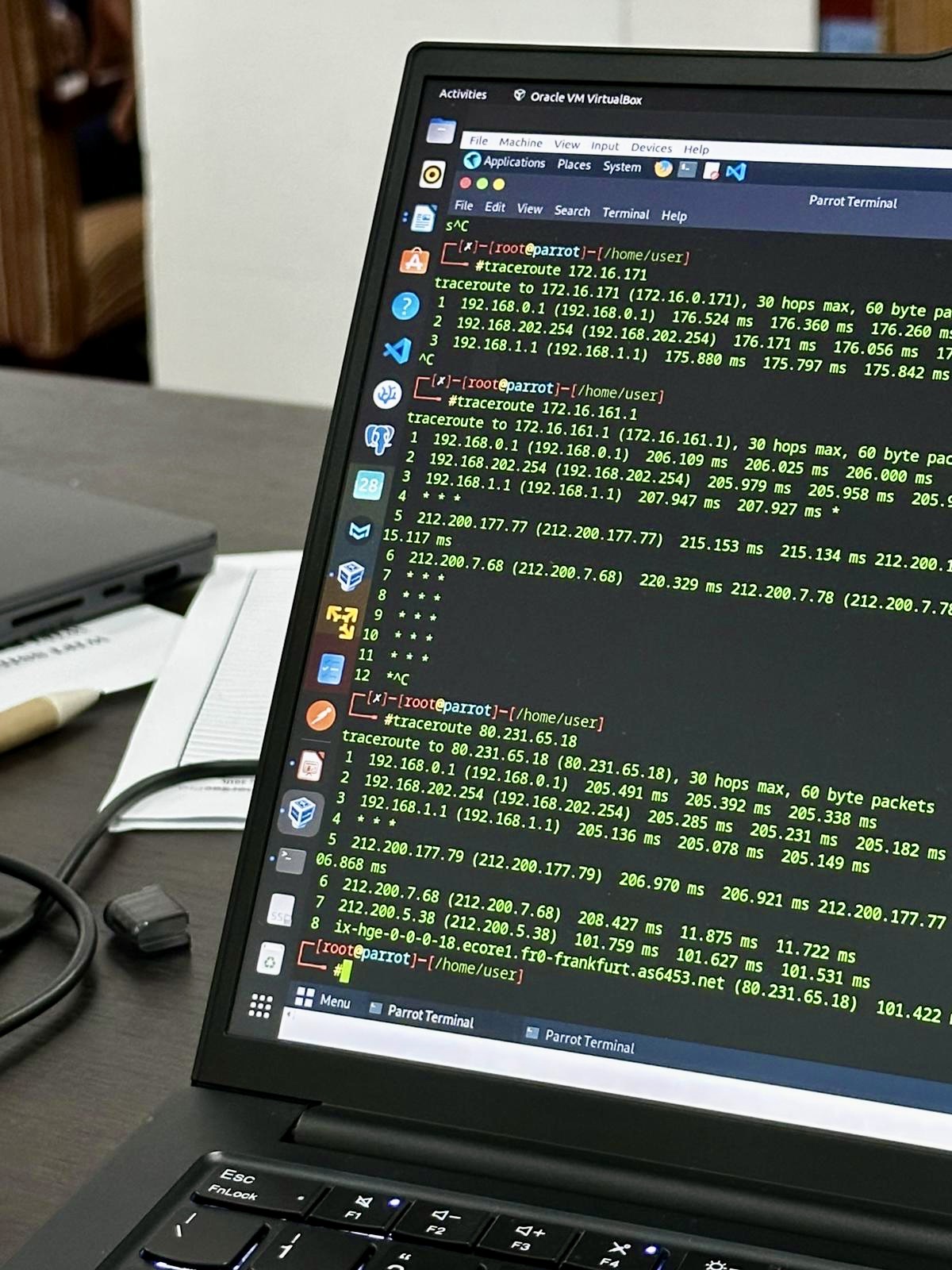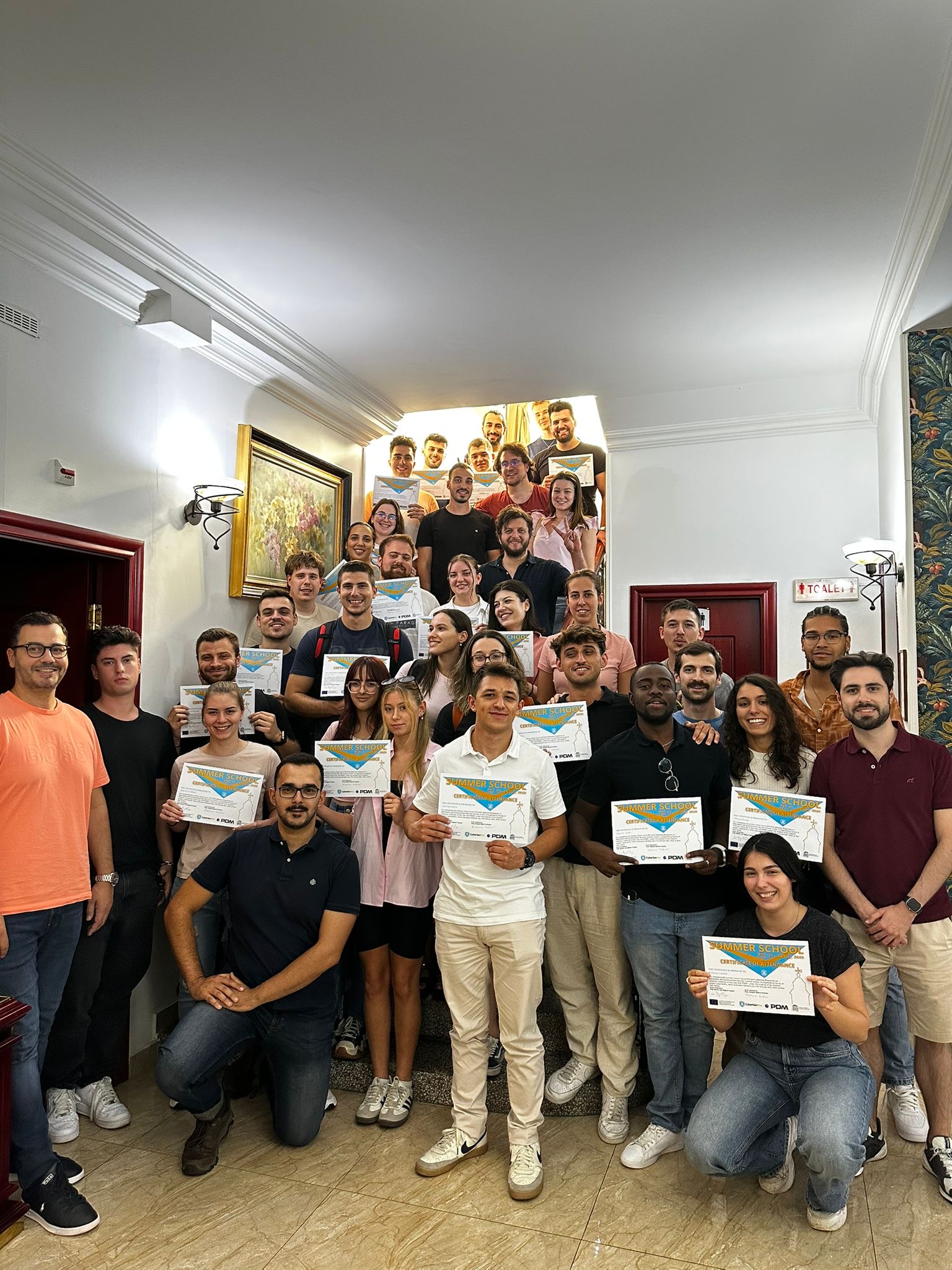IPICS 2025 – Intensive Programme on Information and Communication Security
A PRACTICAL CYBERSECURITY AND EMERGENT TECHNOLOGIES CONTINUUM TRAINING EVENT
Organized by CyberSecPro and University of Novi Sad
Summer School • Hackathons • Workshops • Realistic Cyber Range Exercises
Cybersecurity in the spotlight: Serbia hosted another edition of IPICS-CSP
Another edition, IPICS 2025, of the IPICS Cybersecurity Summer School concluded in July 27th, 2025 in Serbia.
Held in partnership with the University of Novi Sad and under the CyberSecPro project, the event was co-organized by PDMFC. Its purpose was to bring together students and trainers to shape the future of cybersecurity in Europe, guided by the best ethical and technological practices.
The scale and impact of this initiative were highlighted by Luís Miguel Campos, Head of Research and Development at PDMFC and Mobilization of Trainers and Trainees coordinator:
“The second edition of the CyberSecPro Summer School, which took place between July 14th and 27th in the city of Novi Sad (Serbia), featured 41 students and 13 trainers, all specialists in various fields of cybersecurity. PDMFC was present with three students and two trainers. During the Summer School, two cybersecurity Hackathons were held (on two consecutive Saturdays), putting the theoretical and practical knowledge acquired during the week’s sessions to the test. Monetary prizes were awarded to the top three finishers.”

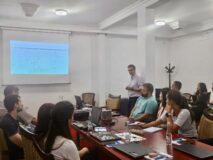

An Unforgettable Learning Experience
While encouraging, the numbers only tell part of the story. Over these two weeks, the atmosphere was one of contagious intensity, filled with mutual knowledge sharing and learning. From deciphering cryptographic puzzles to analyzing the psychology behind phishing attacks, participants delved into world-class training sessions. The verdict was clear, with students praising the trainers’ ability to captivate the audience and highlighting the innovation and originality of the teaching methods, such as a risk analysis inspired by an episode of the series Black Mirror and practical Capture The Flag (CTF) challenges.
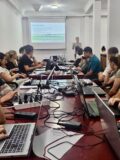
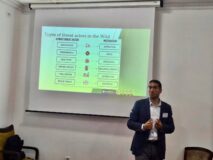
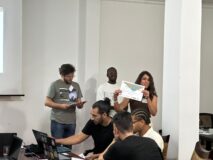
Building Bridges Beyond the Classroom
Although classes are crucial, social interaction also plays a vital role. The weekly social dinners and free-time activities provided the perfect stage to unwind, strengthen friendships, and build a solid network in a collaborative, multicultural environment.



Summing up the successful event, Luís Miguel Campos reinforced its strategic importance for the future of the sector:
“This edition of the CyberSecPro Summer School was a success. With students from eight different nationalities and world-renowned cybersecurity specialists as trainers, we managed to create a European-scale event that addresses the urgent need to train the next generation of cybersecurity specialists.”
PDMFC is proud to be part of such an impactful initiative, one that not only raises the bar for cybersecurity training but also builds the bridges to a more secure digital future.



IPICS – Intensive Programme on Information and Communication Security is a comprehensive educational initiative designed to equip participants with specialized skills and knowledge in the field of cybersecurity. These programs are structured as intensive, immersive experiences aimed at rapidly building expertise in cybersecurity concepts and practices. IPICS programs cater to individuals seeking to enter the cybersecurity industry or professionals looking to enhance their existing skills.
The curriculum of an IPICS program covers a wide range of topics essential to cybersecurity, including network security, ethical hacking, malware analysis, cryptography, risk assessment, incident response, and secure coding practices. Participants engage in hands-on learning activities such as simulated cyberattacks, threat detection exercises, and security tool utilization. These practical experiences are crucial for developing the ability to identify and mitigate cybersecurity threats effectively.
IPICS programs often feature industry-relevant certifications and endorsements to validate participants’ skills and enhance their employability in the cybersecurity job market. Additionally, networking opportunities with cybersecurity professionals and access to cutting-edge technologies further enrich the learning experience.
Universidade Lusófona, located in the center of Lisbon and Porto, is the largest private university in Portugal. Since 1998, its objectives have been “teaching and research in the various fields of science, culture and technology, from an interdisciplinary perspective and, especially, in order to promote the development of Portuguese-speaking countries and peoples”.
CSP – CyberSecPro is an innovative platform aimed at revolutionizing professional development in the cybersecurity industry. It serves as a comprehensive learning and collaboration environment to deliver specialized training modules, resources, and networking opportunities for cybersecurity professionals and aspiring learners.
The project’s primary focus is to address the growing demand for skilled cybersecurity professionals by providing a centralized hub where individuals can access cutting-edge training content, engage in hands-on learning experiences, and connect with industry experts and peers. CyberSecPro offers a diverse range of functionalities, including user-friendly account management, seamless institution creation, and robust administrative tools tailored for trainers, trainees, and institutions.
Key features of CyberSecPro include personalized learning paths, secure content delivery, and comprehensive reporting and analytics to track learner progress and assess skill development. The platform emphasizes accessibility, security, and scalability to accommodate various learning styles and organizational needs within the cybersecurity domain.
Following the feedback on previous events, IPICS25 had a stronger focus on hands-on experience, spanning an eclectic list of topics throughout two weeks:
- Foundations of Cybersecurity,
- Risk Management & Threat Awareness
- Privacy & Security Tools
- Social Engineering & Human Factors
- Cryptography Basics
- Web & Network Exploits
- System & Memory Exploits
- Authentication & Credential Exploits
- Malware & Reverse Engineering / Detection and Reporting
- Digital Forensics & Incident Response
At the end of each week, a full day Hackathon will be the culmination of a full engaging week!



Co-organized by:



